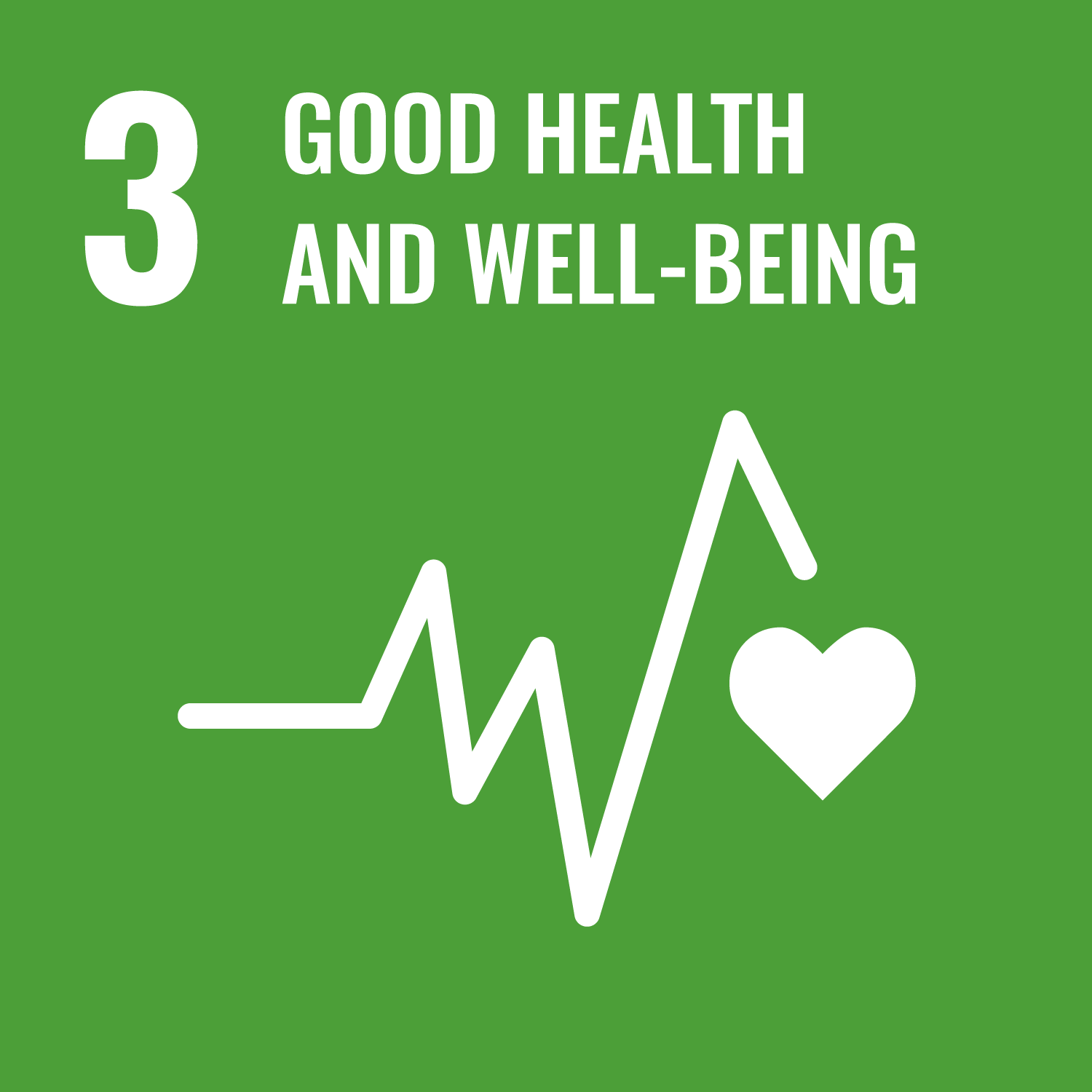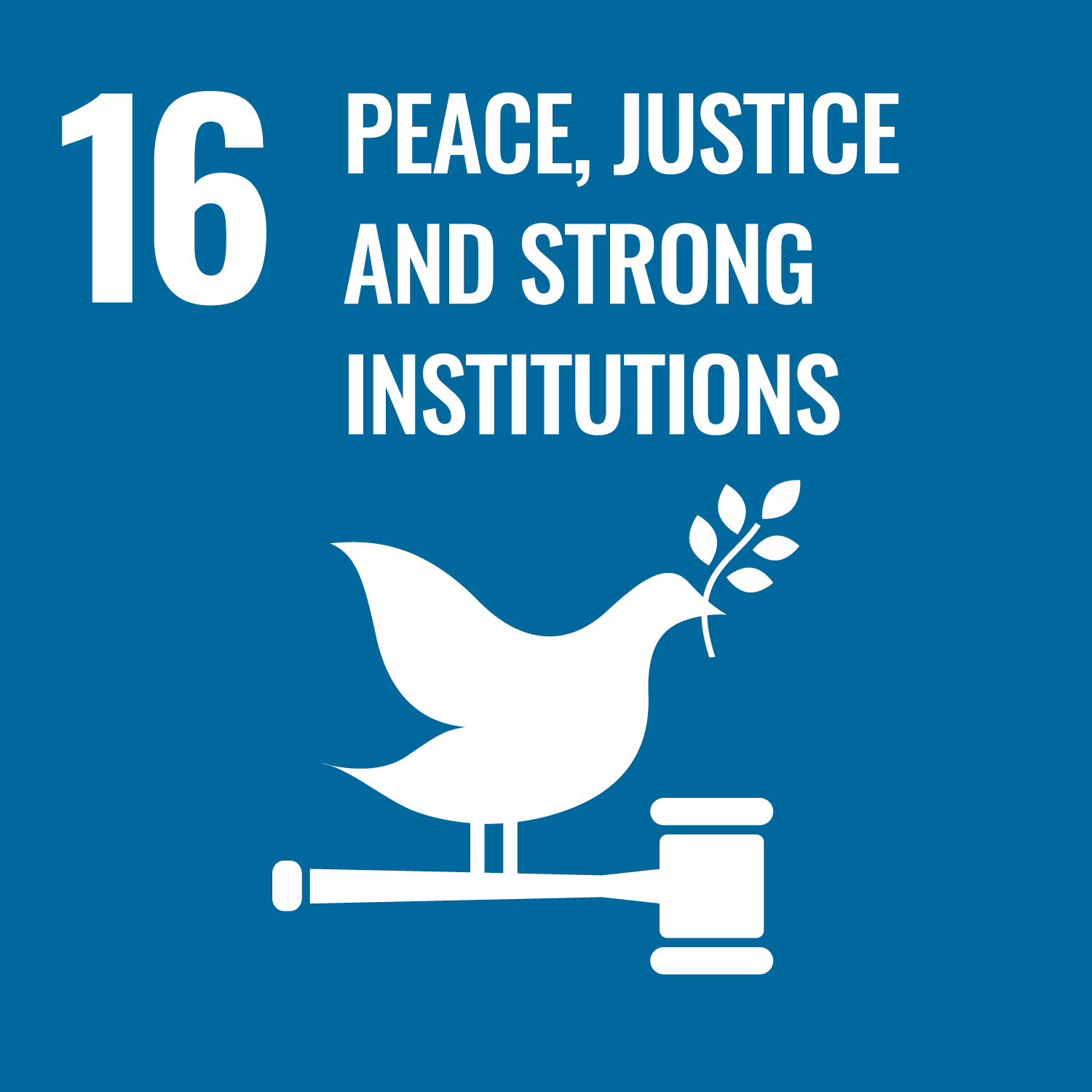Salt Lake County Pay for Success REACH Initiative
Aligned SDGs



- Salt Lake County Pay for Success REACH Initiative
- General overview
- Location
- Involved organisations
- Outcome metrics
- Other resources
- Spreadsheet of data
- Salt Lake County Pay for Success REACH Initiative
- General overview
- Location
- Involved organisations
- Outcome metrics
- Other resources
- Spreadsheet of data
General overview
Stage of development: Implementation
Policy sector: Criminal justice
Date outcomes contract signed: Dec 2016
Start date of service provision: May 2017
Capital raised (minimum): USD 4.60m
Service users: 228 individuals
Intervention
The intervention is based on the First Step House (i.e. FSH) model, which addresses five major domains defined by the acronym REACH: Recovery, Engagement, Assessment, Career Development, and Housing. The REACH program model was built on the framework of risk-need-responsivity (i.e. RNR) principles, and is designed for adult males assessed as high-risk, high-need who are diagnosed with moderate to severe subtstance disorders. The program aims to address the major criminogenic needs that have the greatest impact on reducing recidivism, including antisocial behaviors, antisocial personality/negative emotionality, antisocial attitudes and cognitions, antisocial associates, problems with school and work, lack of prosocial activities, family and marital problems, and substance abuse. The program has adopted several evidence-based interventions, including MRT, CENAPS Model fo Relapse Prevention, other CBTs, and Motivation Interviewing to attenuate treatment resistance, facilitate mental health treatment through interagency partnerships, provide housing, and career development services.
Target population
18 year-old or older male offenders court ordered to Adult Probation and Parole (i.e. AP&P) probation and who are assessed as high risk as indicated by a LS/RNR score of 20 or higher or a LSI-R score of 24 or higher, with substance abuse disorder (score of 4 or higher on LS/RNR).
Location
Country
- United States
Service delivery locations
- Salt Lake County, Utah, USA
Involved organisations
Outcome metrics
- Reduction in statewide arrests. Number of statewide arrests relative to control group over four years. Salt Lake County Jail from the OMS and Bureau of Criminal Identification records.
- Reduction in incarceration days. Number of days in prison and days in jail relative to control group over four years. Utah Department of Corrections and Salt Lake County Jail.
- Increase in employment. Average number of quarters for which individual earned at least $850 over a two-year period relative to control group. Unemployment Insurance data collected by Utah Department of Workforce Services.
- Treatment engagement. Number of hours of engagement in treatment services directly related to criminogenic needs during first 6 months of enrolment. FSH data.
Spreadsheet of data
Important Notice and Disclaimer on INDIGO Data
INDIGO data are shared for research and policy analysis purposes. INDIGO data can be used to support a range of insights, for example, to understand the social outcomes that projects aim to improve, the network of organisations across projects, trends, scales, timelines and summary information. The collaborative system by which we collect, process, and share data is designed to advance data-sharing norms, harmonise data definitions and improve data use. These data are NOT shared for auditing, investment, or legal purposes. Please independently verify any data that you might use in decision making. We provide no guarantees or assurances as to the quality of these data. Data may be inaccurate, incomplete, inconsistent, and/or not current for various reasons: INDIGO is a collaborative and iterative initiative that mostly relies on projects all over the world volunteering to share their data. We have a system for processing information and try to attribute data to named sources, but we do not audit, cross-check, or verify all information provided to us. It takes time and resources to share data, which may not have been included in a project’s budget. Many of the projects are ongoing and timely updates may not be available. Different people may have different interpretations of data items and definitions. Even when data are high quality, interpretation or generalisation to different contexts may not be possible and/or requires additional information and/or expertise. Help us improve our data quality: email us at indigo@bsg.ox.ac.uk if you have data on new projects, changes or performance updates on current projects, clarifications or corrections on our data, and/or confidentiality or sensitivity notices. Please also give input via the INDIGO Data Definitions Improvement Tool and INDIGO Feedback Questionnaire.